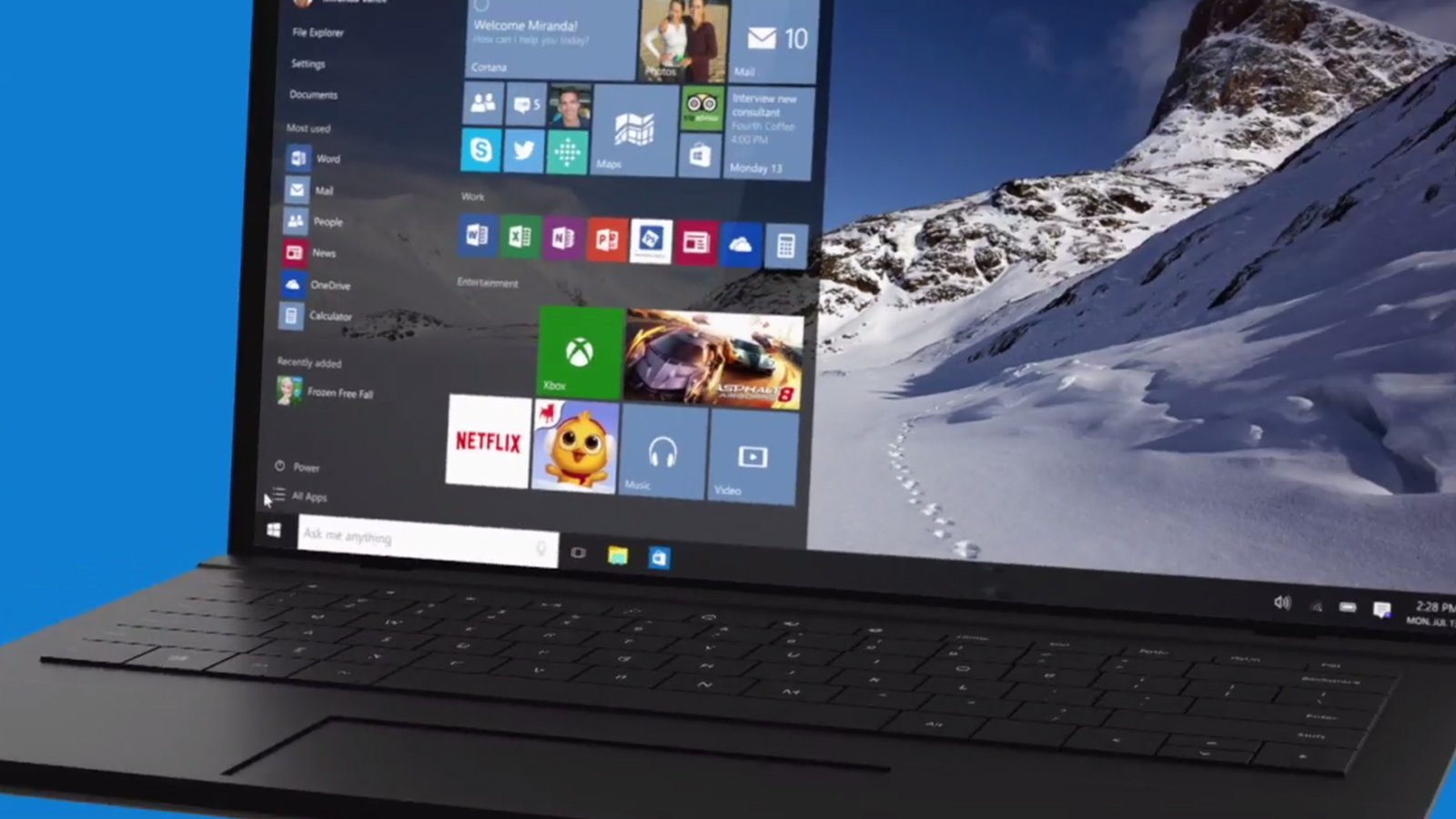Microsoft is now focusing on what matters – but is that the consumer?
Nadella is making bolder and bolder moves…

The direction that Microsoft is taking as a company under the stewardship of Satya Nadella is just becoming visible. After almost a year and a half in the role, Nadella has changed the focus of one of the world's largest corporations from the ground up, altering its product lines and changing the corporate atmosphere from one of cautiousness and conformity to one that is starting to sound fearless in terms of bold changes, tearing up entire product ranges to focus on new areas.
Examples of this came early on in Nadella's tenure with Office for iPad which had been under development within Microsoft for many years under Steve Ballmer but was only released in 2014. While this may not seem significant, it signalled a shift from attempting to lock users into the Office ecosystem by exclusivity to an approach that fosters inclusivity, allowing millions more users of Office even though they were not using Windows specifically.
Onwards and upwards
But that was last year and it would seem the push is continuing as Microsoft moves to cut away various consumer-facing services, many of which are failing. Last week Microsoft announced that it has sold off some of the technology behind Bing Maps, along with 200 staff, to Uber, the taxi company.
On a micro scale the deal makes sense – Microsoft has never really been a serious player within mapping and Uber obviously has plans to expand; two birds, one stone – but when viewed on a macro scale it shows that under Nadella Microsoft is now willing to make the kind of cuts that would have been unthinkable only a few years ago, shedding technology that it no longer has a use for so that it can focus on other things.
On top of this Microsoft also struck a deal with AOL that relinquishes its display ads business on various platforms, an area where the company has traditionally lagged behind Google and Facebook. By handing over the services to AOL, Microsoft sheds 1,200 employees and no longer has to focus on an area in which they were not innovating to a level that Nadella expected. In simplistic terms, the war for Microsoft to compete with Google on all fronts is now over, symbolised by the departure of Mark Penn, the man responsible for the "Scroogled" adverts.
Curtains for the consumer?
Analyst Ben Thompson of the Stratechery blog succinctly noted that "this is the official end of Microsoft as a consumer company" as Redmond moves towards its new mission: "cloud first, mobile first".
This analysis is perhaps extreme, as Thompson himself admitted in a subsequent blog post, but broadly Microsoft has been making moves to leave the consumer space, at least in terms of non-operating system areas. Windows is still, and will likely remain for a long while, the most used consumer operating system around, especially on PCs, but the core missions of Microsoft have strayed to include such a broad array of consumer-focused areas that the company has become confused.
Are you a pro? Subscribe to our newsletter
Sign up to the TechRadar Pro newsletter to get all the top news, opinion, features and guidance your business needs to succeed!
In an interview, Apple CEO Tim Cook described Apple's intense focus, highlighting the fact that the entire product portfolio of Apple can be laid on a single table. The two companies make different products but the theoretical perspective remains: Apple is focused while Microsoft tries to operate everywhere, hoping something sticks. By selling off various assets the company benefits hugely in terms of profit – both deals were of an undisclosed value but the figure was likely large – and in terms of focus, allowing Microsoft to realise its "cloud first, mobile first" aims.
Max Slater-Robins has been writing about technology for nearly a decade at various outlets, covering the rise of the technology giants, trends in enterprise and SaaS companies, and much more besides. Originally from Suffolk, he currently lives in London and likes a good night out and walks in the countryside.